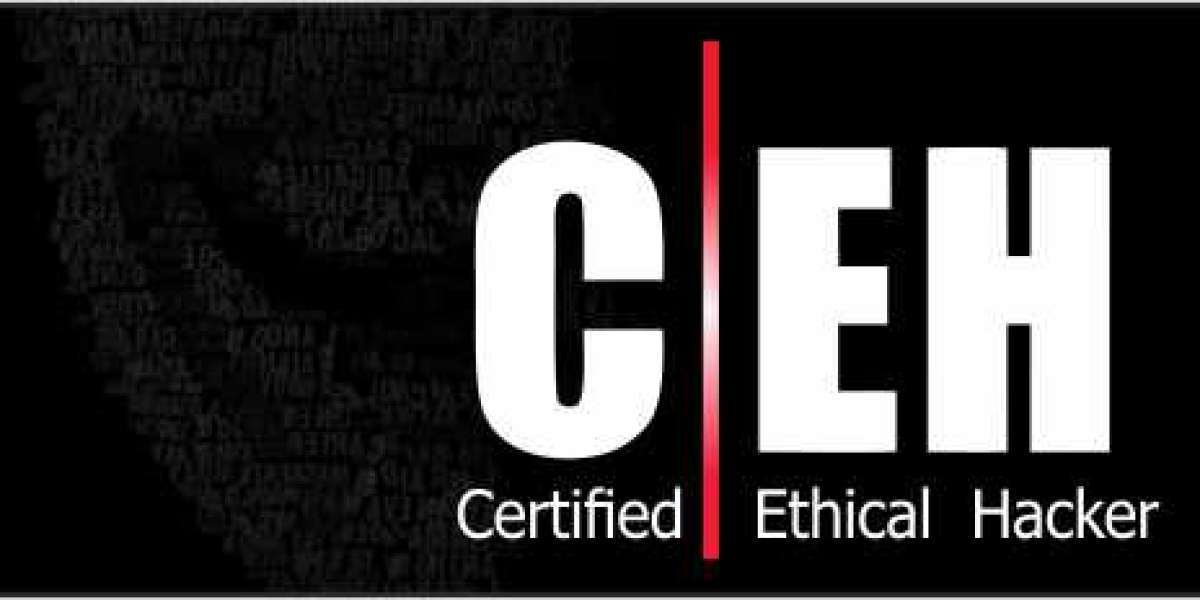Ethical hacking, also referred to as White Hat in the current industry, is one of the top 3 skills. Businesses and organisations must ensure that their systems and infrastructure are secure and protected from intrusions and attacks. Ethical hacking introduces you to this field and starts you on the path to mastery by teaching you everything there is to know.
By enrolling in our free online course on ethical hacking, you can learn more about the top three domains in the market right now. This course goes into great detail about the principles, practices, areas of application, and outcomes of ethical hacking. You will be able to identify each ethical hacking domain, its typical attacks, and hacking techniques.
You will also gain knowledge of SQL injection and the architecture and features of bWAPP. The three additional attack types of cross-site scripting, blind SQL injections, and broken authentication will also be demonstrated using real-world examples.
Why Take an Ethical Hacking Course?
If you're considering a career in cybersecurity, taking ethical hacking courses will be very beneficial as you prepare for an offensive security role. With Cybrary's online ethical hacking course, you can defend your network from malicious hackers by learning how to exploit networks on your own.
Internet development coincides with the growth of cybercrime. Criminals no longer need to leave their homes to commit crimes because they can easily carry out harmful attacks and steal data with just a few mouse clicks and an internet connection. Despite the fact that modern technology has made it simpler for us to access vast amounts of information and complete tasks like shopping, paying bills, and using financial services, it has also increased the demand for ethical hackers to combat online criminals.
There has never been a better time than today to begin a career in the field of information security.
Ethical hackers can help private companies, public organisations, and governmental organisations by breaking into secured systems to discover weaknesses. They make decisions regarding which system components should be strengthened and which require additional security against threats to vulnerable networks, such as malware attacks.
In this Ethical Hacking course, you will master these objectives:
- Intrusion Detection
- Policy Creation
- Footprinting and Reconnaissance with Social Engineering and Google
- DDoS Attacks
- Buffer Overflows
You'll have all the knowledge and abilities required to develop and put into practise a vulnerability identification strategy that will prevent hackers from accessing crucial systems once you've finished this online course in ethical hacking.
What is Ethical Hacking and Penetration Testing?
You might be asking if "ethical hacking" is acceptable. The answer is yes, and it helps organisations and law enforcement identify hazardous invaders and secure data.
As a service to the system owner, an ethical hacker will methodically try to break into a network, computer system, or web application in order to find security flaws that a malicious hacker might be able to exploit.
While ethical hackers usually use the same testing techniques and penetration tools as their criminal counterparts, they do so to find vulnerabilities and give system owners advice on how to fix them instead of taking advantage of the holes. Ethical hackers are frequently referred to as "white hat" hackers since they learn ethical hacking to help organisations rather than damage them.
Hackers who have undergone ethical hacking training are able to evaluate the infrastructure security of a system or network. Finding any gaps and attempting to exploit them is necessary to ascertain whether the prospect of unauthorised access or other malicious or criminal conduct exists. Weaknesses in ineffective or subpar system configuration, unidentified and unidentified hardware or computational issues, operational process weaknesses, or technology solutions are frequently found.
By enrolling in the top ethical hacking courses, security professionals in the field can identify and address these flaws and provide system owners with solutions, security, and peace of mind.
What Jobs Are Available for Ethical Hackers?
Professionals in cybersecurity are in high demand, and this trend is not going to reverse any time soon. Expectations state that growth would increase to an astounding $170 billion by 2020, from $75 billion in 2015. An excellent pay, employment security, and room for promotion are benefits of working in this sector.
Professional ethical hackers have access to a wide range of employment prospects today, including variations and specialisations.
Some of the more common job titles for experts in hacking are security consultant, ethical hacker, penetration tester, information security analyst, cyber security analyst, security engineer, security analysis, data security engineer, information security manager, digital forensics analyst, site administrator, and network security specialist.
Along with careers in the corporate sector, there are several prospects for lucrative information security work at esteemed government agencies. National Security Agency (NSA), Committee on National Security, and Department of Defense (DoD)
Ethical hacking is used by all federal agencies that use the Systems (CNSS) to safeguard user privacy and thwart unauthorised access to sensitive government information.
How Do I Become A Certified Ethical Hacker?
After completing this course on ethical hacking, you might consider pursuing a certified ethical hacking certification that attests to your knowledge and skills.
Before you can pursue an ethical hacking certification, you might need to undertake some further research on ethical hacking techniques and penetration testing, depending on your experience, skill level, and general knowledge. There are resources to help with certification preparation. The most prestigious and well-known certification in this field is the Certified Ethical Hacker (CEH) exam, which is available from the EC-Council when you're ready to take it.
Alternatively, you could pursue your OSCP, OSWE, OSED, or eCPPT certifications as well.
Do I Have to Have Certifications to Get An Ethical Hacking Job?
Although certifications aren't always necessary for positions in ethical hacking and penetration testing, they're still a useful credential to show to new or potential employers because they show that you have a fundamental understanding of how to protect their systems using ethical hacking and penetration testing as the cornerstone of your methodology.
A passing score of at least 70% is necessary to pass the four-hour exam for the CEH certification, which consists of 125 questions. Get in touch with the EC-Council for additional information.
Visit our free CEH study guide, practise test to evaluate your knowledge, and virtual lab to make the most of your CEH certification exam preparation. Cybrary can also assist you in preparing for your OSCP certification.
Conclusion
The article above discussed cyberattacks and projected cyber dangers for 2023. Along with it, we find out that as technology advances, the risks of losing our data are also increasing swiftly. We must be aware of these risks when using new technology and implement the safety measures recommended in this article to safeguard our data. Any organisation must employ ethical hackers who can bolster weaknesses and erect a wall to protect the organization's sensitive data..There are numerous options for those who want to work in the ethical hacking field, but this requires both specialised training and hands-on experience. You can enrol in an ethical hacking course in Noida at APTRON if this applies to you.








